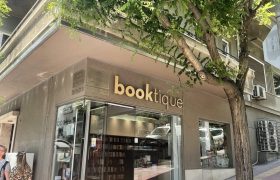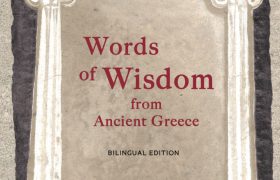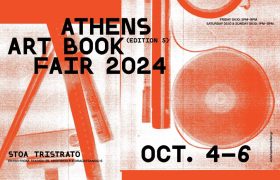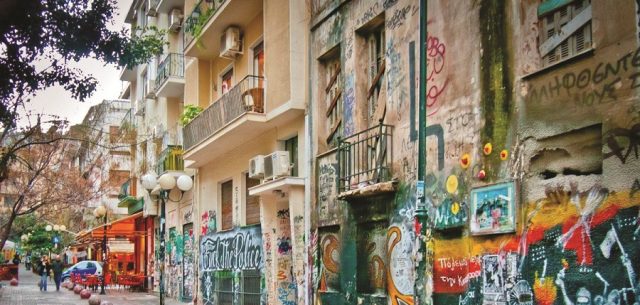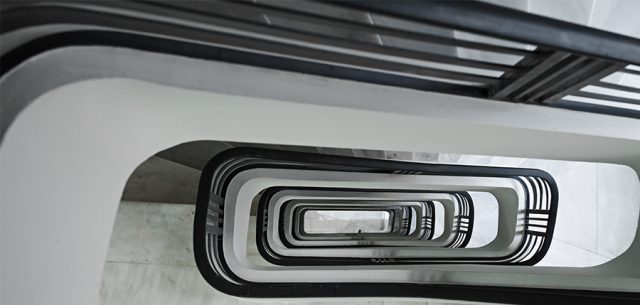Mystery writer’s dilemmas, elections and bio-terrorism: Late summer musings

©Shutterstock
This is the fifth of my monthly chronicles on living through pandemic times, as told from the perspective of an American mystery writer who has called Greece home for 35 years. My wife and I had been in lockdown mode at our pastoral New Jersey farm since late February, but for August we experienced lockdown Manhattan-style. I’ve entrusted the care of the farm to my resident bear, on the assumption that unlike virtually every human soul on the planet, he’s not preoccupied with thoughts of a dramatic autumn and cataclysmic winter. He’ll just sleep through whatever comes.
In past columns, I’ve made sparse mention of the effect of the pandemic on creative types—like writers–in part because I sensed few wanted to hear about the drama in another’s life with so much going on in their own. I thought I’d wait until things got better, and then drop my thoughts in as a “reflection” on those past days when things seemed bleakest.
Sadly, I fear better days are far away for many, so perhaps it’s time to reveal my dilemma as a distraction–if only for me.
I have a new book coming out in April 2021 in my Greece-based Chief Inspector Andreas Kaldis series. I finished it long before the days of Covid-19, but have not modified it to reflect the gloom that hangs over the universe. Besides, it’s about Naxos, a special place in my heart that deserves a testament to better times and memories.
But my quandary’s not over that book, it’s with the one I’m working on for 2022. I don’t see how a novel set in contemporary times can avoid the reach of the pandemic, particularly a police procedural mystery-thriller. Imagine a world where eyewitness identifications are left to describing the mask worn by the perpetrator snuggly below a tight-fitting head covering, and fingerprints disappear beneath hospital gloves openly worn as a sign of compliance with public health concerns, while police struggle with whether to confront, transport, and interrogate a coughing feverish suspect.
But those are petty stylistic concerns. Let’s cut to the chase. No matter how well-written or ingenious an author’s tale may be, who will want to read about the very thing they’re desperately seeking to escape? We’re too close to the flames of this wildfire to think anytime soon about toasting marshmallows.
All we want to know is when this looming foreboding, growing inexorably more ominous every day, will run its course, and give our lives a chance of returning to what they once were.
I wish I had a solution, but all I have are questions. Four to be precise, each intended to yield a clue as to how our respective societies will likely fare in navigating these treacherous times. Each is based on a simple premise: What is more important to your society…
Businesses or lives?
Political strategies or public health principles?
Learning from mistakes, or defending them to the death?
The welfare of the community or individual freedom?
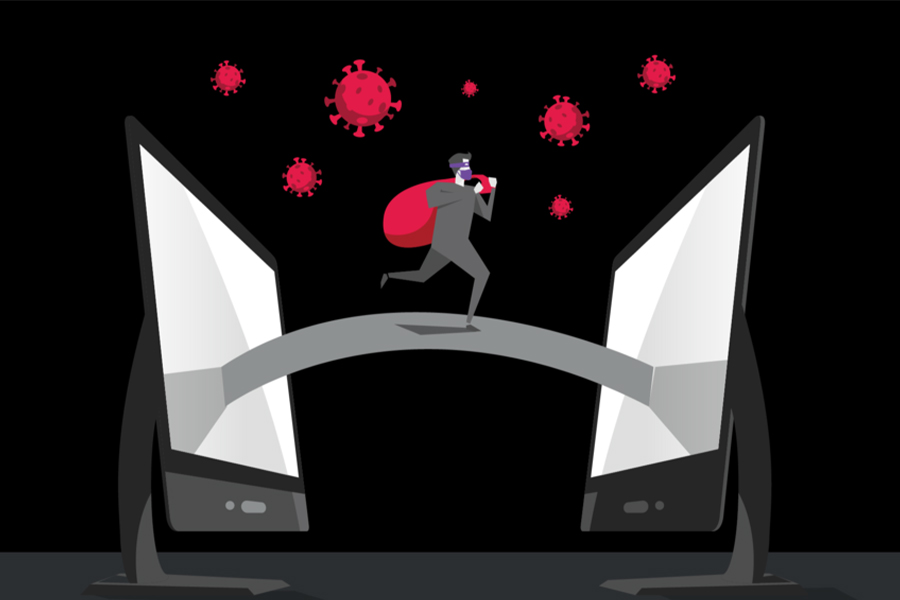
I suspect your answers will be nuanced, as it appears most societies are struggling to find a balance between extremes, either by plan or default. It’s as if most of the world is off doing its own thing, leaving Covid-19 to do its own thing—infecting every target of opportunity.
I wish I could say the United States has seen the error of its ways and is once again a beacon of leadership. But we all know I can’t. America’s situation grows direr each day, as Americans await the first wave to run its largely unchecked course, and brace for the predicted second wave. The nation’s 4% of the world’s population now heads into the school year and peak flu season accounting for 25% of the world’s Covid-19 cases.
Greece has stumbled a bit, with cases recently quadrupling in a two-week period. Frankly, that’s not unexpected, as the country reopened for tourism relying upon visiting revellers to behave properly. That worked out for Greece about as well as it did for the US during its college break season. Partiers (especially the young) are not predisposed to respecting “don’t party” rules, and with businesses actively encourage the fun, the consequences are inevitable. Thankfully, the Greek government stepped in to quell the spike, as we await the impact of summer holiday festivities.
In critically trying times such as these, polities look to their leaders for straight answers, reasoned judgments, and determined action. Yet, so much of the world seems to be slipping back into darker days. The EU and UK are scrambling, Russia (and others) are likely obfuscating, Brazil remains in denial, and Venezuela is imprisoning its infected as “bioterrorists.”
Hmm, perhaps I should check with my neighborhood bear to see if his cave can accommodate any additional hibernators.
To follow Jeff Siger, click here



